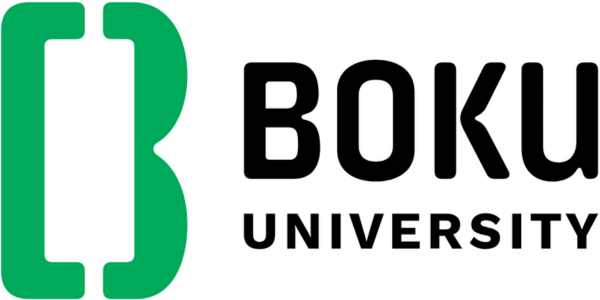Limnology & Wetland Management
- Abschluss: Master of Science (M. Sc.)
- Umfang: 4 Semesters, 120 ECTS Punkte
- Studienart: Präsenzstudium, Vollzeit
- Bildungsfeld: Bauen & Energie, Naturwissenschaften
- Unterrichtssprache: Englisch
- Website: boku.ac.at
- BOKU (Vienna, Austria)
- Egerton University (Nakuru/Egerton, Kenya)
- UNESCO-IHE (Delft, The Netherlands)
The 12-month taught programme is followed by a 6-months MSc research period at any of the partner universities. The programme provides knowledge and practical skills towards the conservation and sustainable management of aquatic ecosystems and aquatic resources in different climatic and socio-cultural environments. Graduates are qualified to investigate, monitor and manage freshwater ecosystems in both temperate and tropical zones by applying their ecological, technical, socio-economic and intercultural communication skills. Field-studies and excursions to various surface waters, including Kenyan „Flamingo lakes“, Lake Victoria and the Kenyan coastline are integral parts of the curriculum. Dedicated academic and supporting staff is facilitating study progress, general student affairs, acquisition of housing and travel/transfers in all 3 countries.
Admission requirements
The following learning outcome is required for admission of Bachelor degree program graduates:
- Students need to be familiar with scientific basics and skills;
- be able to identify and systematically categorize essential groups of plants and animals, as well as describe their anatomical and physiological characteristics, and to understand similarities and differences;
- comprehend significant interrelations between organisms and their environment on the level of autecology, synecology and population ecology, as well as evaluate their basic roles for the functioning of ecosystems;
- be familiar with the basics of inorganic and organic chemistry, as well as understand essential physiological and biochemical processes;
- be familiar with the general principles of physics and comprehend essential environmental processes (e.g. climate, water cycle);
- master mathematics and the basics of statistics, perform explorative and descriptive data analyses, calculate and interpret simple ecological models;
- hold basic knowledege of geology and soil sciences, recognize and describe types of rocks and soils, as well as understand essential processes of rock and soil formation and its implications for the shaping of the environment, and be familiar with the theoretical basics of geographic information systems and apply GIS software to simple scientific questions.
Career prospects
Graduates of the programme make substantial contributions in the following sectors: research and higher education; GO’s & NGO’s; international organisations such as UN, FAO, & International River/Lake Commissions; development cooperation agencies; national and international environmental associations; environmental management companies; and consultancy.
UNI-Profil
BOKU University (Universität für Bodenkultur Wien)
Gregor Mendel Straße 33, 1180 Wien
Telefon: 01 47654-0 Website: www.boku.ac.at
